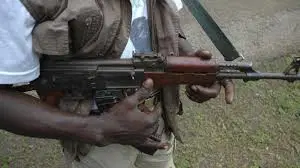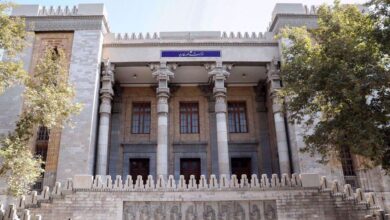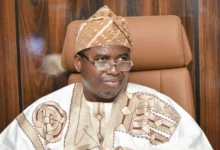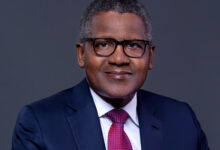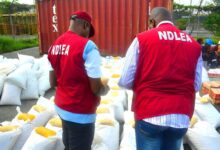FCT, Lagos lead in hostilities against civic, press freedom in Nigeria – Report
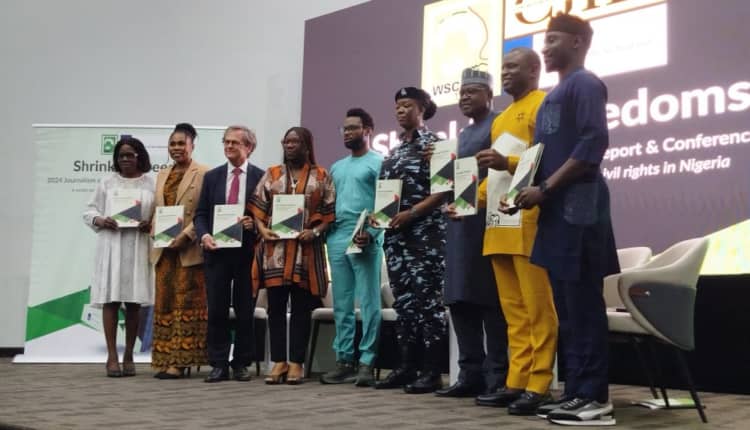
*As 2024 WSCIJ report exposes deepening threats to journalists, activists
By KEMI KASUMU and OUR REPORTER, Lagos
The Centre, however, specifically identified Lagos and Kano states as well as the Federal Capital Territory (FCT) as the worst offenders in 2024.
In what appears to be a governing system worse than the draconian experience under the military, freedom of the press and civic activism is now under a siege despite being in democracy in Nigeria.
This is as the Wole Soyinka Centre for Investigative Journalism (WSCIJ) raised the alarm over what it calls the increasing hostility toward journalists and civic actors in Nigeria.
The Centre, however, specifically identified Lagos and Kano states as well as the Federal Capital Territory (FCT) as the worst offenders in 2024.
The revelation was contained in the Wole Soyinka Centre for Investigative Journalism’s “Shrinking Freedoms: 2024 Journalism and Civic Space Status Report” unveiled on Tuesday November 4, 2025 in Lagos.
The DEFENDER reports that although the report noted the number of documented violations dropping slightly from 134 in 2023 to 103 in 2024, the operating environment for journalists and civil society remained “fragile and increasingly hostile.”
“Journalists were the most targeted group, accounting for more than half of all victims and survivors of recorded incidents,” the report stated.
WSCIJ noted that Lagos, the FCT, and Kano have become “flashpoints for media repression and civic rights violations,” attributing the trend to institutional weaknesses and a culture of impunity that “continues to undermine democratic governance.”
The report observed that the recorded cases were almost evenly split between violent and non-violent attacks, but lamented that media coverage of such incidents remained “largely superficial,” thereby limiting public awareness and accountability.
It also highlighted the August 2024 #EndBadGovernance protests as “a defining moment in Nigeria’s civic resistance,” during which several journalists and activists were reportedly harassed, detained, or intimidated for participating in or covering the demonstrations.
“The civic space in Nigeria remains deliberately constrained by coordinated actions of both state and non-state actors,” the Centre warned, adding that unless urgent reforms are made, “the fundamental rights to report, protest, and participate in civic life will remain at serious risk.”
The “Shrinking Freedoms” report builds on WSCIJ’s earlier publications — including “Hushed Voices and the Media’s Defence of the Civic Space (2012–2022)” and “Hushed Voices in an Election Year” — providing a continuous analysis of Nigeria’s evolving media and civic landscape.
The event, held in Lagos, was attended by journalists, representatives of civil society organisations, police officers, students, and other stakeholders committed to strengthening press freedom and democratic accountability.



